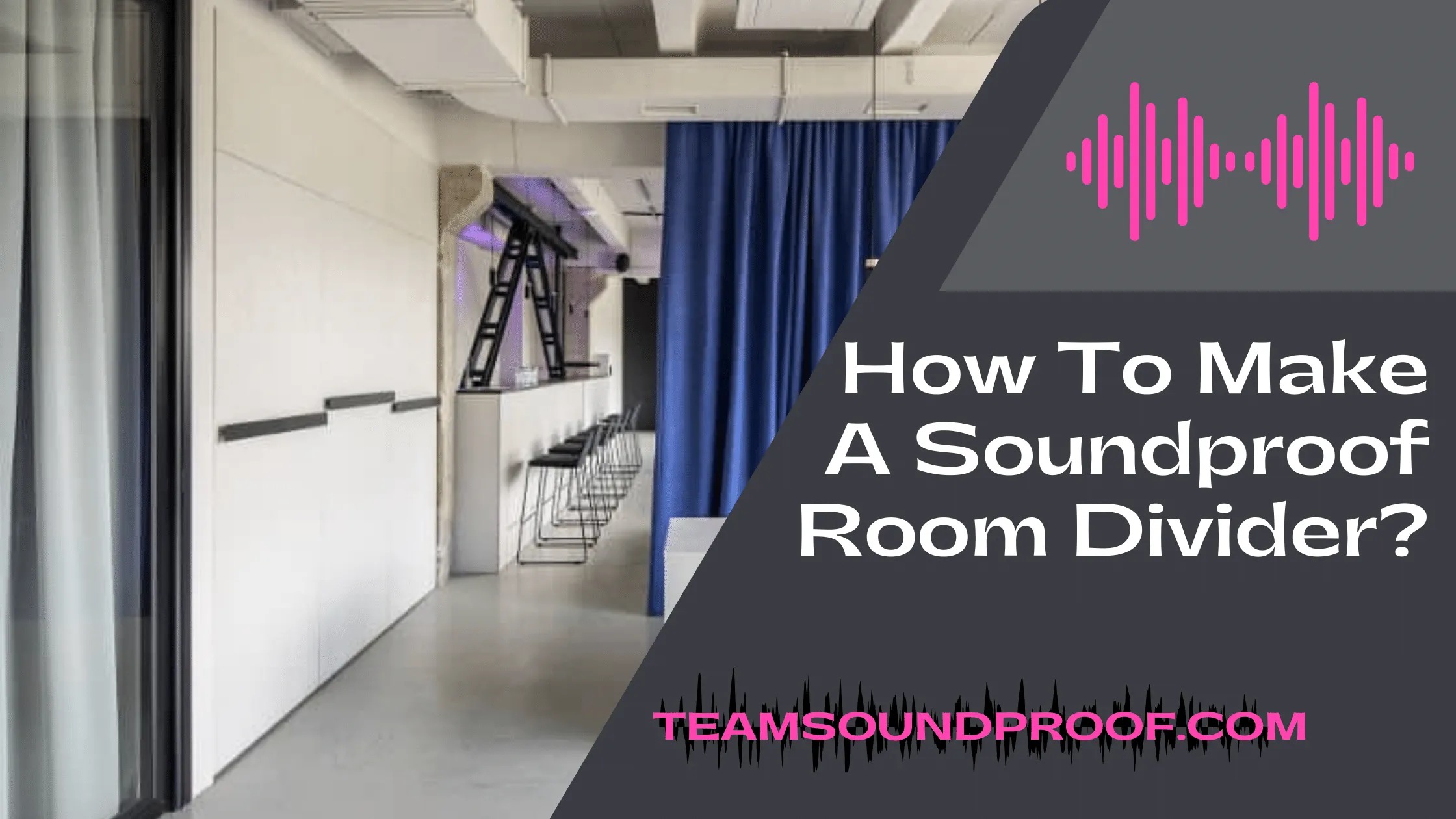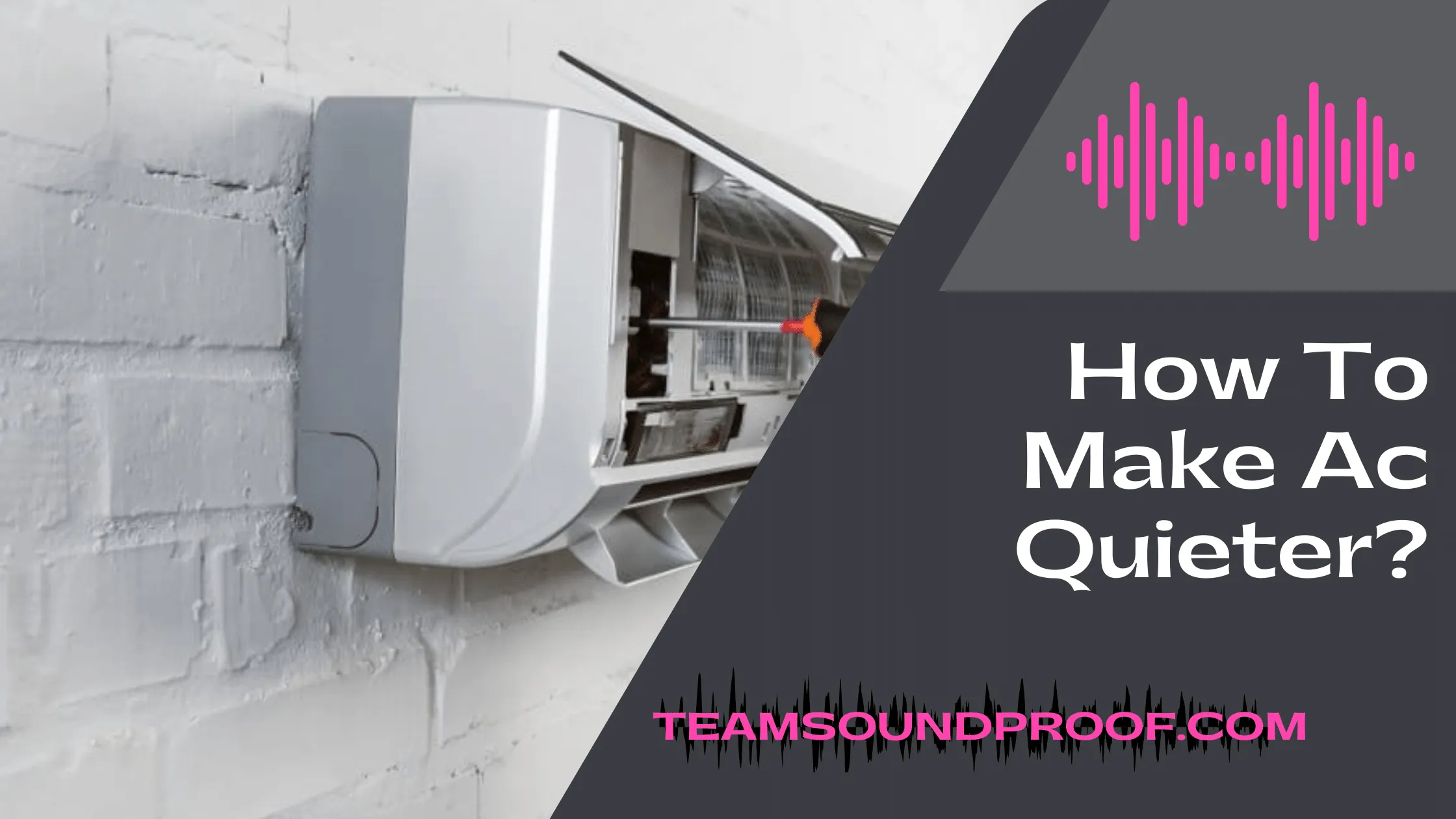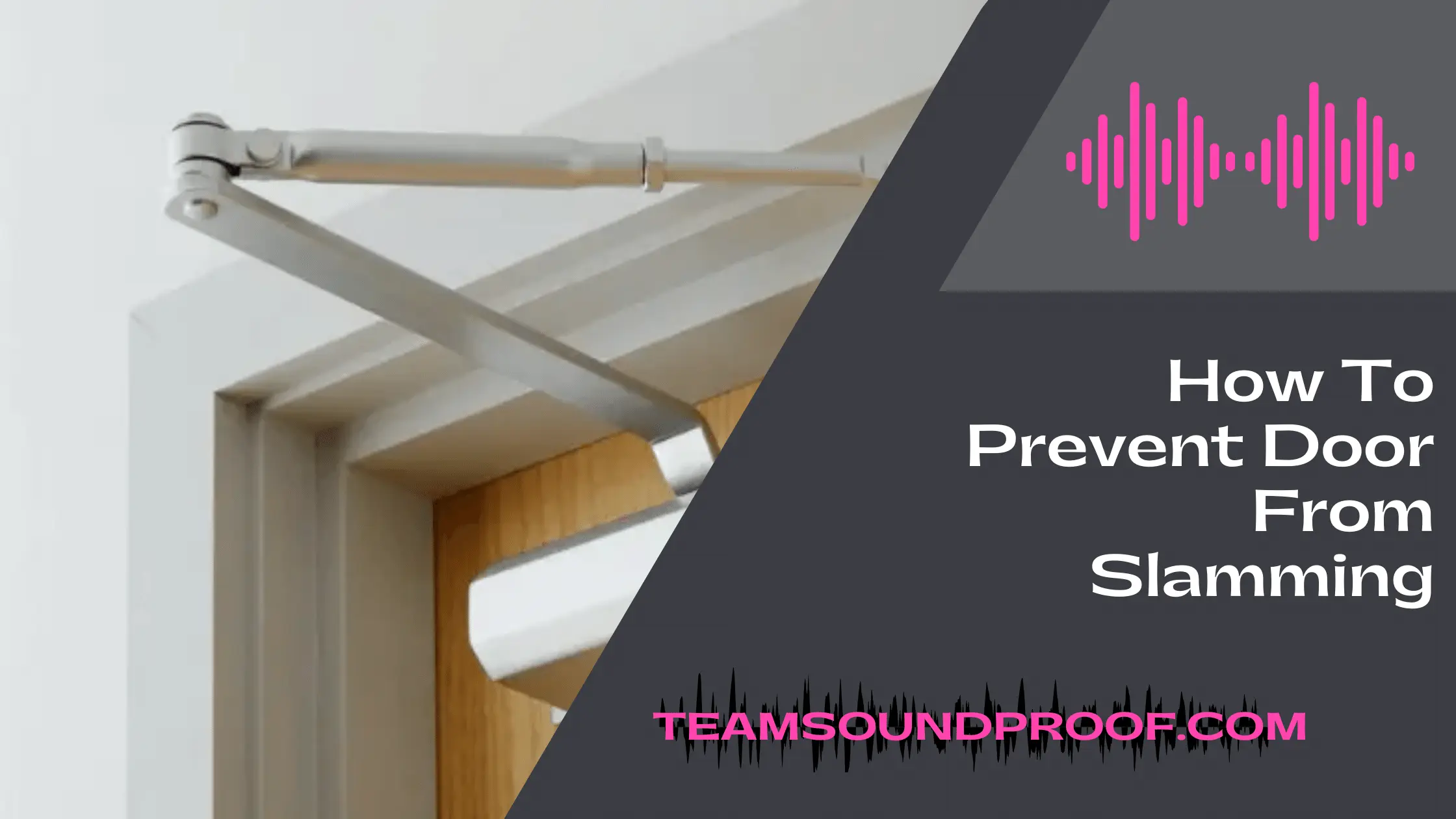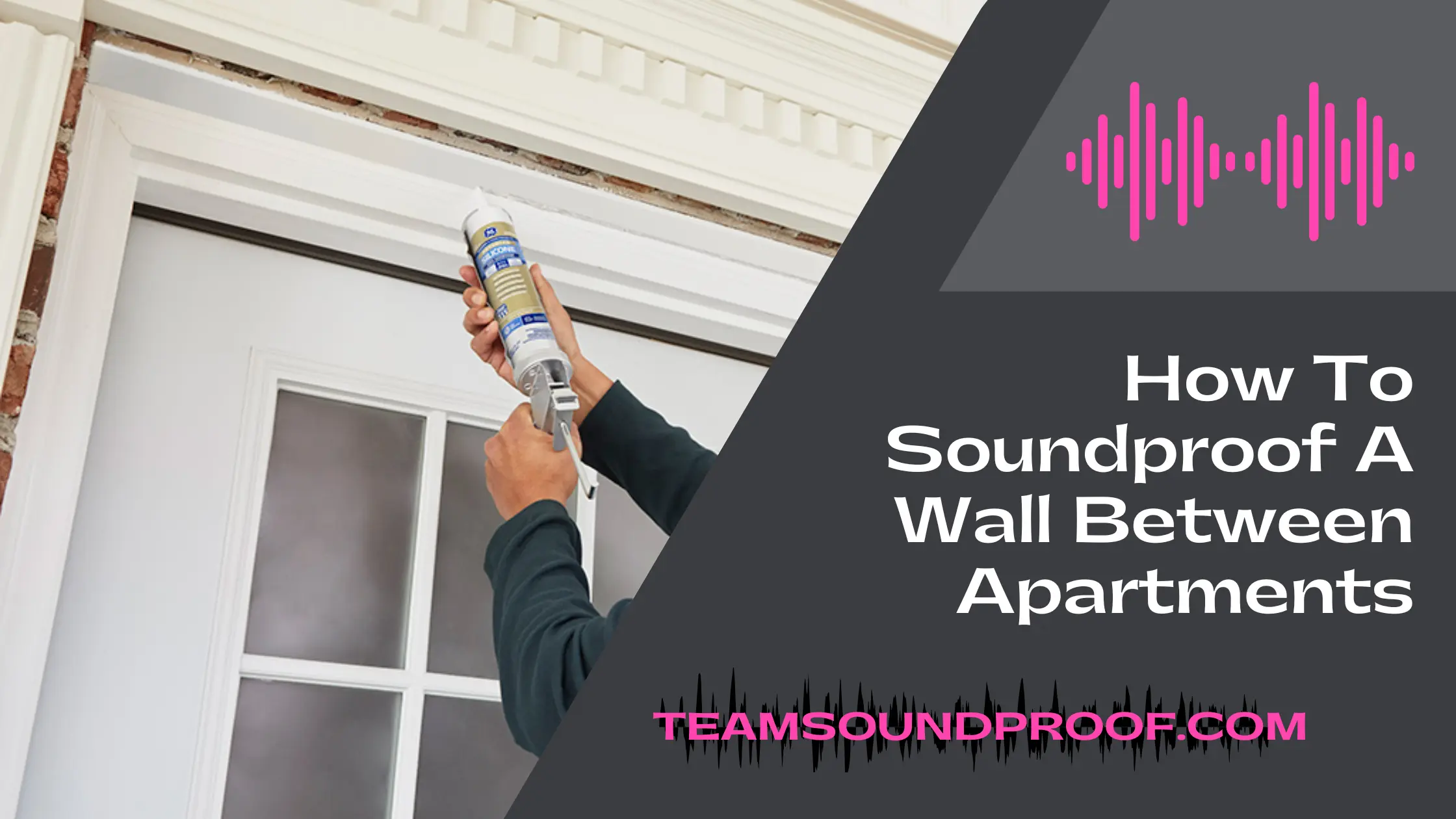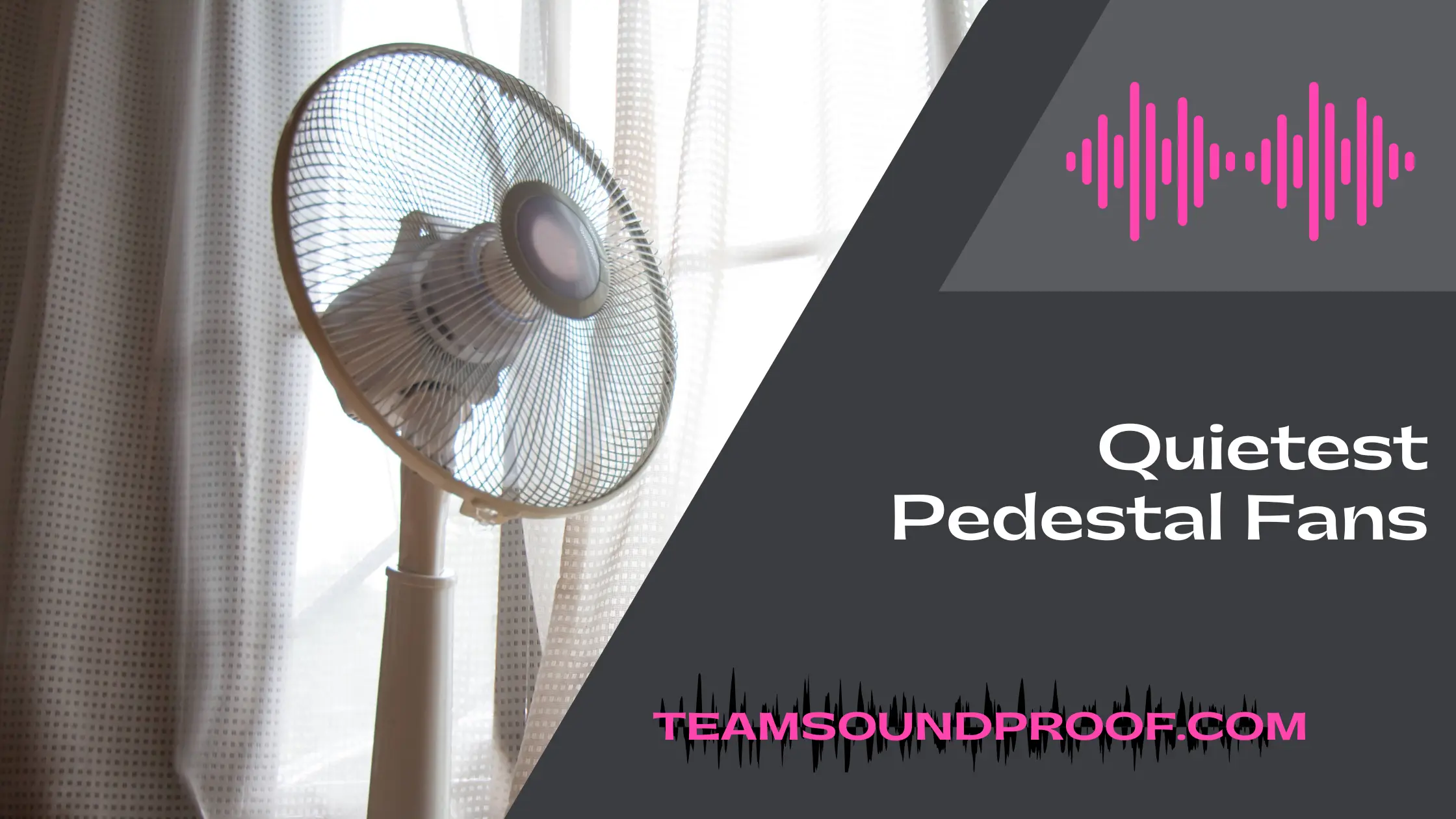With large families or multi-story homes, noise can be a common problem. mostly from footsteps or other movements from people walking around upstairs. It can be incredibly frustrating, especially if you work from home and need to concentrate. But don’t worry, there are some things you can do to reduce the noise.
While you can’t do much to stop the noise entirely, there are a few things you can do to help reduce the noise and make your home more peaceful. In this blog post, we’ll explore some of the most effective methods for reducing noise from upstairs floors.
Different Ways To Reduce Noise From Upstairs Floor:
1. Use Rugs or Carpets:
One of the best ways to reduce noise from upstairs floors is to use rugs or carpets. This will help to absorb some of the sound and prevent it from echoing around the room. Rugs and carpets also add a bit of insulation, which can further help to reduce noise.
2. Install Soundproofing Materials:
Another way to reduce noise from upstairs floors is to install soundproofing materials. These can be used on walls, ceilings, or even floors to help block out noise. There are a variety of soundproofing materials available, so you can choose the ones that best fit your needs and budget.
3. Use Furniture to Block Noise:
Another way to reduce noise from upstairs floors is to use furniture to block the noise. This can be done by placing large pieces of furniture against the walls or in front of windows. This will help to absorb some of the sound and prevent it from echoing around the room.
4. Use White Noise:
White noise can be used to help reduce noise from upstairs floors by masking the sound. This can be done by using a fan or other type of appliance that produces a consistent sound. The sound of the white noise will help to drown out the noise from upstairs and make it less noticeable.
5. Close Doors and Windows:
Another way to reduce noise from upstairs floors is to close doors and windows. This will help to keep the noise contained in one area and prevent it from echoing around the house.
6. Try Ceiling Clouds and Acoustic Fixtures:
If you want a more permanent solution to reducing noise from upstairs floors, you can try ceiling clouds and acoustic fixtures. These are made of special materials that help to absorb sound and prevent it from echoing around the room.
7. Use Acoustic Panels:
Acoustic panels are another great way to reduce noise from upstairs floors. These panels are made of special materials that help to absorb sound and prevent it from echoing around the room.
8. Use Sound Dampening Curtains:
Sound dampening curtains are another great way to reduce noise from upstairs floors. These curtains are made of special materials that help to absorb sound and prevent it from echoing around the room.
9. Add Anti-Vibration Pads and Mats:
Anti-vibration pads and mats are another great way to reduce noise from upstairs floors. These pads and mats help to absorb sound and prevent it from echoing around the room.
10. Use Soundproofing Foam:
Soundproofing foam is another great way to reduce noise from upstairs floors. This foam helps to absorb sound and prevent it from echoing around the room.
These are just a few of the many ways that you can reduce noise from upstairs floors. By using one or more of these methods, you can help to make your home more peaceful and quiet.
Some Common Reasons For Noisy Upstair Floor:
There are many reasons why an upstairs floor may be noisy. Here are some of the most common causes of noisy upstairs floors:
1. Footsteps:
One of the most common causes of noisy upstairs floors is footsteps. When people walk on an upstairs floor, their footsteps can cause the floor to creak and make noise. If you have an upstairs floor that is particularly noisy, it may be due to the fact that people are walking on it more than usual.
2. Furniture:
When furniture is moved around on an upstairs floor, it can cause the floor to creak and make noise. If you have an upstairs floor that is particularly noisy, it may be due to the fact that furniture is being moved around on it more than usual.
3. Appliances:
Another common cause of noisy upstairs floors is appliances. When appliances are used on an upstairs floor, they can cause the floor to creak and make noise. If you have an upstairs floor that is particularly noisy, it may be due to the fact that appliances are being used on it more than usual.
4. Doors:
When doors are opened and closed on an upstairs floor, they can cause the floor to creak and make noise. If you have an upstairs floor that is particularly noisy, it may be due to the fact that doors are being opened and closed on it more than usual.
5. Windows:
Windows are opened and closed on an upstairs floor, they can cause the floor to creak and make noise. If you have an upstairs floor that is particularly noisy, it may be due to the fact that windows are being opened and closed on it more than usual.
6. Pets:
When pets are on an upstairs floor, they can cause the floor to creak and make noise. If you have an upstairs floor that is particularly noisy, it may be due to the fact that pets are on it more than usual.
7. Children:
When children are on an upstairs floor, they can cause the floor to creak and make noise. If you have an upstairs floor that is particularly noisy, it may be due to the fact that children are on it more than usual.
8. Weather:
When the weather is particularly windy or rainy, it can cause the floor to creak and make noise. If you have an upstairs floor that is particularly noisy, it may be due to the fact that the weather is windy or rainy more than usual.
9. Construction:
When construction is taking place on an upstairs floor, it can cause the floor to creak and make noise. If you have an upstairs floor that is particularly noisy, it may be due to the fact that construction is taking place on it more than usual.
When an upstairs floor is old, it can creak and make noise more easily than a newer floor. If you have an upstairs floor that is particularly noisy, it may be due to the fact that it is old.
In The End:
So now you know the reasons for the noisy upstir floor. If your upper floor is making noise then find out the real reason behind it and try to fix it. Some of the causes like footsteps, furniture, appliances, doors, windows, pets, children, weather, and construction can be solved easily. But if the problem is due to age then you may need to replace your floor.
Don’t forget to share this article with your friends and family. Also, if you have any queries or suggestions then feel free to ask in the comment section below. We would be happy to help you out

